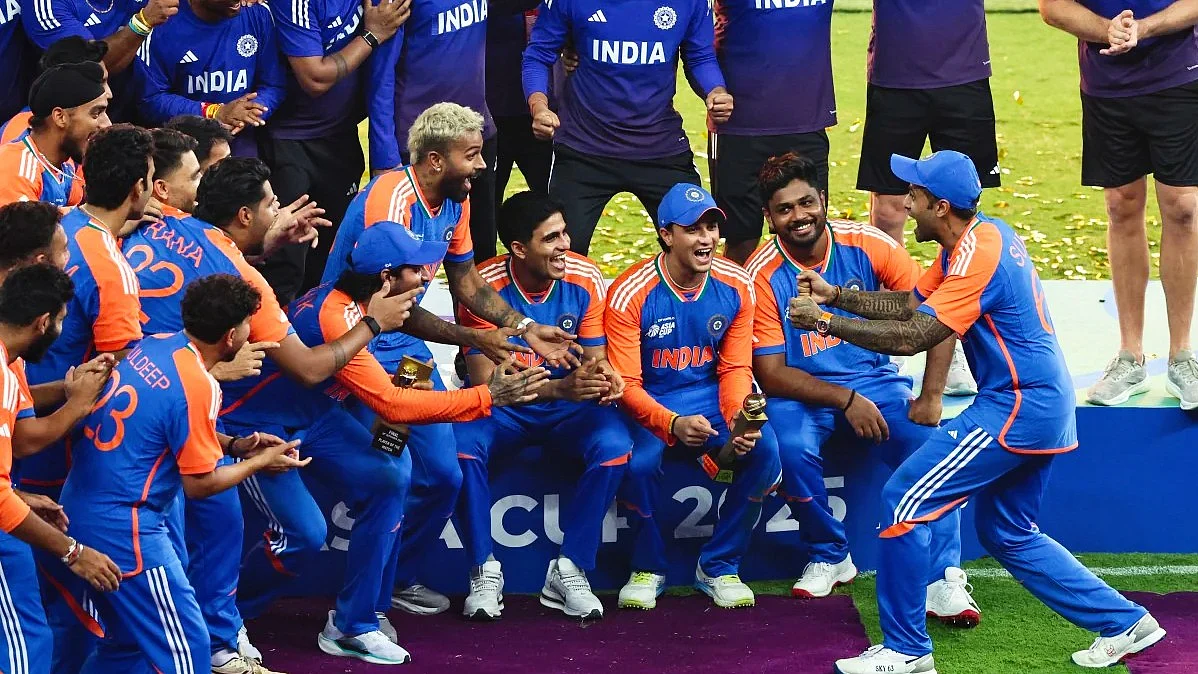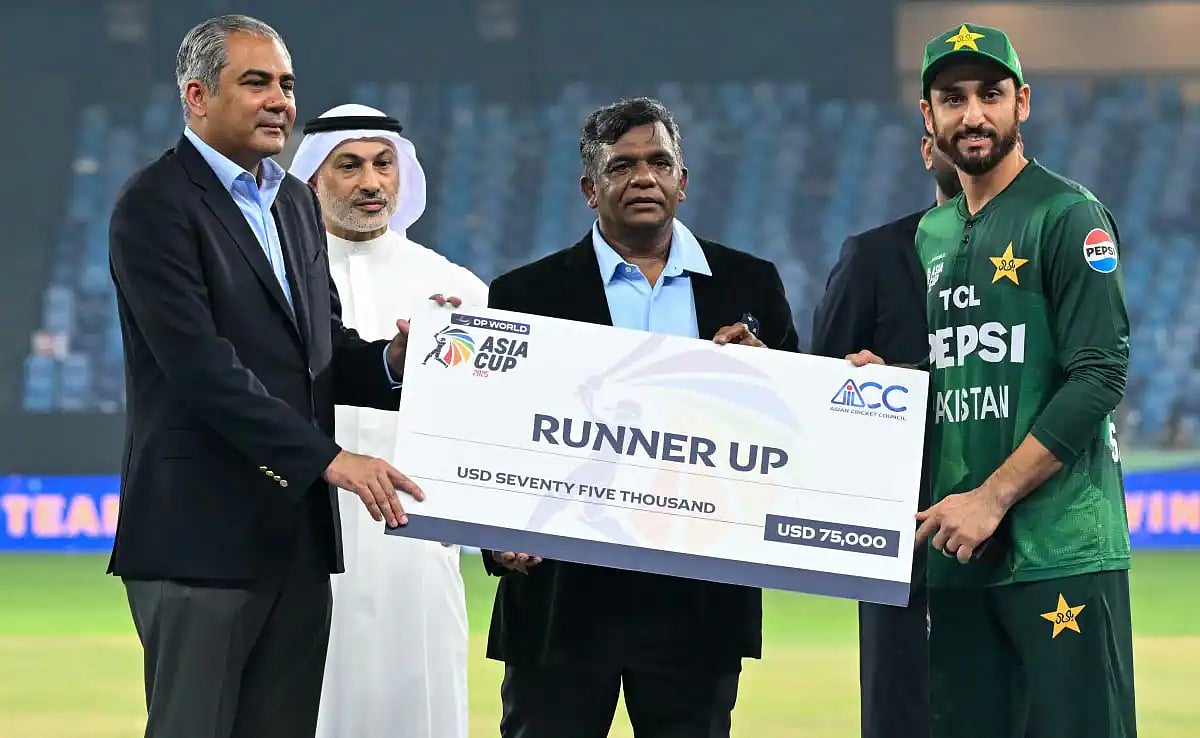Asia Cup: Have both event and Asian body lost relevance in battle of egos?
The governance of the sport, truth be told, is in extremely poor health as recent events have shown

It’s been almost two days since India’s thrilling win in the Asia Cup final, but the ripple effect of what transpired after will continue for a long, long time. The aftermath of protests and counter-protests, building of narratives on you-started-it will continue from both sides but in the long-term, it will be difficult to tide over the irreparable damage to the idea with which the Asian Cricket Council (ACC) was founded in the first place, and the fragile governance of this sport.
Given the bad blood and air of mistrust created during the past three weeks between teams India and Pakistan, not to speak of the cricketing establishments, it’s time to question the relevance of the Asian body. Anyone with even a remote sense of history will remember that the two neighbours — living with the scar of Partition and several subsequent conflicts — still came together under the leadership of the late Jagmohan Dalmiya to create a bloc of their own which could challenge the duopoly of England and Australia.
The benefit was there for the cricketing world to see as it was during the mid-1980s that cricket’s world order began to change. The unthinkable happened when India and Pakistan fought hand-in-hand to co-host the first ODI World Cup in the sub-continent in 1987, while PILCOM (joint organising committee of Pakistan-India-Sri Lanka) co-hosted the 1996 World Cup again. It’s now part of cricketing folklore as to how Dalmiya, along with Imran Khan who represented Pakistan at the ICC, used their persuasive skills to bring back the showpiece to the sub-continent in '96.

While the Asia Cup has always had a chequered history through four decades — with either India or Pakistan pulling out from time to time for various reasons — what stayed intact, away from the pitch, was the goodwill and mutual respect within the cricketers’ community. This may have snapped after the handshake saga at their game on 14 September and the weaponisation of a sporting victory, and it’s unlikely that the bridges will be mended soon.
The reaction from the Pakistan players in the Super Four game, make no mistake, was as insensitive and puerile. Interestingly, Pakistan skipper Salman Ali Agha made a candid observation at the post-final briefing when he said: “He (Surya) shook hands with me at the captain’s press conference and again during the referee’s meeting. But in public, in front of cameras, that gesture disappears,” before adding: “I believe he’s following instructions but if it were up to him, he’d have shaken my hand.”
The video clip of the Indian skipper indulging in the courtesy gesture with Agha on his way out of the Captains’ Day press conference is still available on social media, raising questions as to whether Surya and the other team members were actually briefed later.
Looking back, an argument forwarded by the BCCI about the so-called ‘compulsion’ to play Pakistan was to send messages of inclusivity ahead of their bids for the 2036 Olympics and 2030 Commonwealth Games. The message to the international sporting community in the end, however, was hardly flattering.
The small ACC office, tucked inside the ICC Global Academy complex in Dubai, is now reduced to a pawn in a power game, with the Asia Cup its only bargaining chip. The time has certainly come to question the veracity of the tournament, what with the likes of Mohsin Naqvi — PCB chairman, ACC president and Pakistan interior minister all rolled into one — choosing to let his ego take precedence by going back to the hotel with the winners’ trophy rather than trying to addressing the Indian team’s concerns.
The larger fallout of the Asia Cup fiasco has been that the toothless, indecisive nature of the ICC has been exposed once again. Can you imagine any other sport where a team starts an hour late for the venue which delays the game proportionately as they have a complaint about the match referee, an ICC appointee? Or devise a ‘hybrid model’ simply because team X refuses to play in country Y (ICC Champions Trophy) because of a threat perception and the latter decides to do a tit-for-tat? And a memorandum of understanding is also signed to that effect binding for three years, despite it causing a pressure on the ICC exchequer?
Well, one side has to got to give and both parties have to realise that they need to do better than this act of brinkmanship. It may be a cliché but one can’t help feeling that cricket has been the biggest loser in this Asia Cup, despite many pluses like the emergence of Abhishek Sharma, the magic of Kuldeep Yadav, or the fortitude of young Lankan spinner Dinuth Wellalege.
Follow us on: Facebook, Twitter, Google News, Instagram
Join our official telegram channel (@nationalherald) and stay updated with the latest headlines
